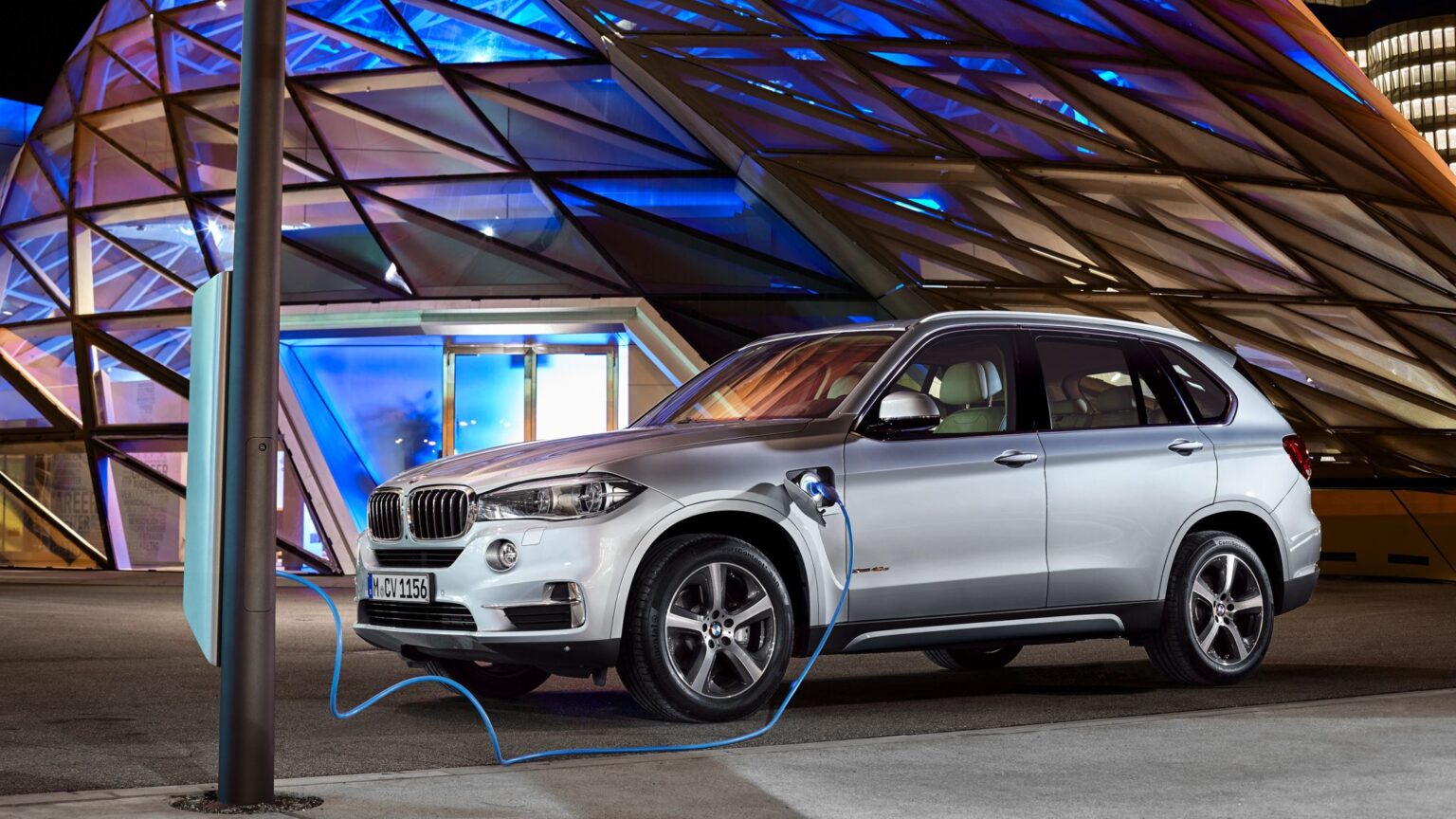Summary
- EU ban on internal combustion engines by 2035 met with resistance from BMW and others due to Chinese battery tech dependency.
- BMW’s CEO openly expressed pessimism about the push towards all-electric vehicles by 2035 at Paris Motor Show.
- Automakers seeking delay or loosening of ICE ban due to market challenges, adapting by offering hybrid and diverse propulsion options.
It seems automakers are not pleased with the European Union’s mandate to ban internal combustion engines by 2035, as BMW and other European-based automakers are banding together to try and get the EU to cancel the mandate. Reuters reports that BMW joined the growing list of European automakers campaigning to try and get the European Union to cancel its internal combustion ban, mainly in an effort to reduce their dependency on Chinese-sourced battery technologies and supply chains.
The update comes after BMW’s CEO, Oliver Zipse, expressed cynicism during BMW’s press conference at the Paris Motor Show, noting that the battery electric vehicle target for 2035 is a major road block when trying to chart the company’s future successes, and other European automakers are feeling the same way.
Electrification Push “Trending Towards One Of Pessimism”
In addition to expressing concern over the future of electrification, Zipse, a known advocate for investing in alternative propulsion technologies and fuels such as renewable and environmentally friendly e-fuels, biofuels, and even hdrogen fuel cell cars, said that his company and others within the European Union aren’t feeling as confident with this hard push towards banning internal combustion engines. Part of this pessimism stems from the fact that many European automakers had to resort to Chinese EV battery technology and supply chains, which reduced their ability to remain competitive and tout technological advancements, since they’re being forced to rush towards investing in electrification technologies, ultimately preventing the automakers from inventing and investing their own tech due to the time crunch.
“A correction of the 100% BEV target for 2035 as part of a comprehensive CO2-reduction package would also afford European OEMs less reliance on China for batteries,” Zipse said during his press conference at the French auto exposition. “To maintain the successful course, a strictly technology-agnostic path within the policy framework is essential.”
Overturning Law For All New Cars To Produce Zero CO2 Emissions By 2035
As a refresher, the European Union mandated back in March 2023 that all new cars must emit zero CO2 emissions by 2035, which in essence, sets a date to ban the production of internal combustion powered vehicles, whether they be diesel- or gasoline-powered. The mandate also supposedly allowed some flexibility and time, with the first step being that 55% of all new cars sold be CO2 emissions-free by 2030.
However, due to increasing difficulties and challenges in making the transition to all-electric propulsion, companies like BMW joined Volkswagen and Renault, and even the Italian government, who are all demanding that the European Union rethink this ICE ban by either loosening or delaying the mandate because of the softening electric vehicle market and struggling EV sales.
So far, BMW’s home country, Germany, rejected any sort of reevaluation or revision of the plan, while France also suggested that the mandate be reevaluated. However, France’s auto association didn’t explicitly say that the mandate should be eliminated.
In an effort to stick with electrification initiatives while trying to adapt to the market, many automakers shifted their plans by dialing back on their all-electric plans and shifting their investments towards gas-electric hybrid and plug-in hybrid technologies, which still depend on internal combustion engines in some form. Additionally, other automakers are trying to avoid financial issues from putting all of their eggs in one basket by offering customers the choice of either ICE power or electric power for single models, rather than forcing them into all-electric vehicles.
Source: Reuters
Read the full article here


